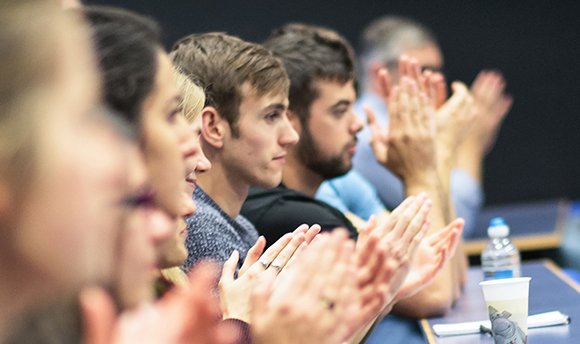Undergraduate
Food Science and Innovation - BSc (Hons)
We regret that we are no longer accepting applications to this course. You might instead be interested in our BSc (Hons) of Nutrition which is still open for 2024 entry.
Course Overview
Delivery
On campus
Duration
4 years full-time
Start Date
September 2024
Study Abroad
No
School
School of Health Sciences
Fees & Funding
UCAS Code
D610
SCQF Level
10
Useful links
Opportunities to meet us: open days and more
As well as open days, we offer campus tours and online events throughout the year to help you find out more about student life and studying at QMU.
Open days and other ways of meeting us: more information











